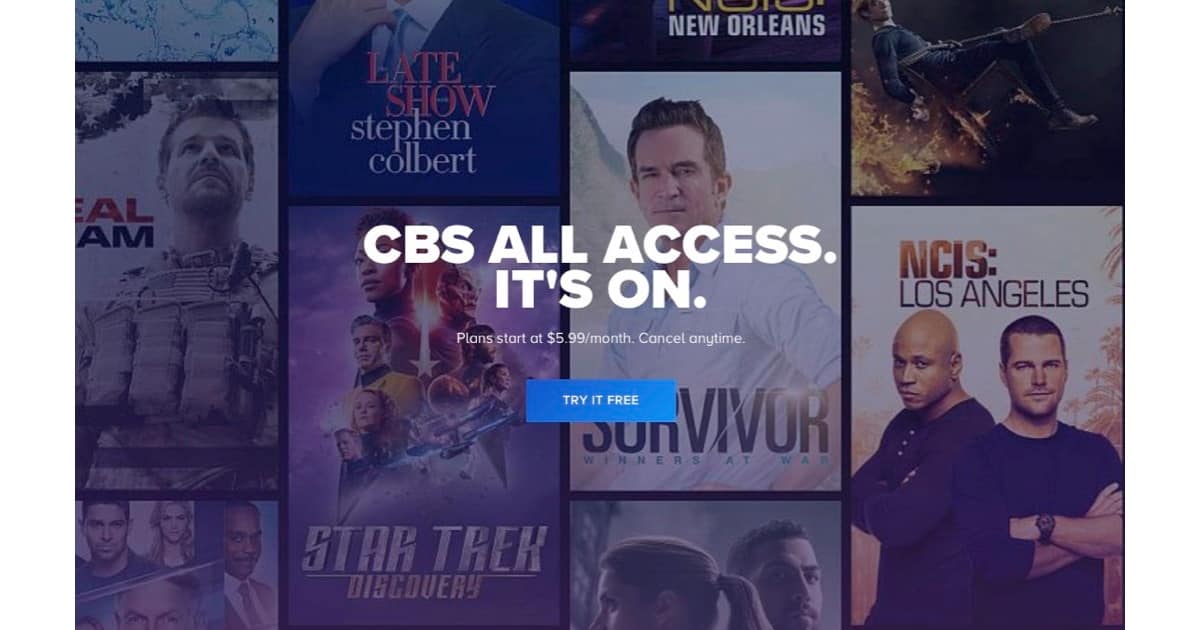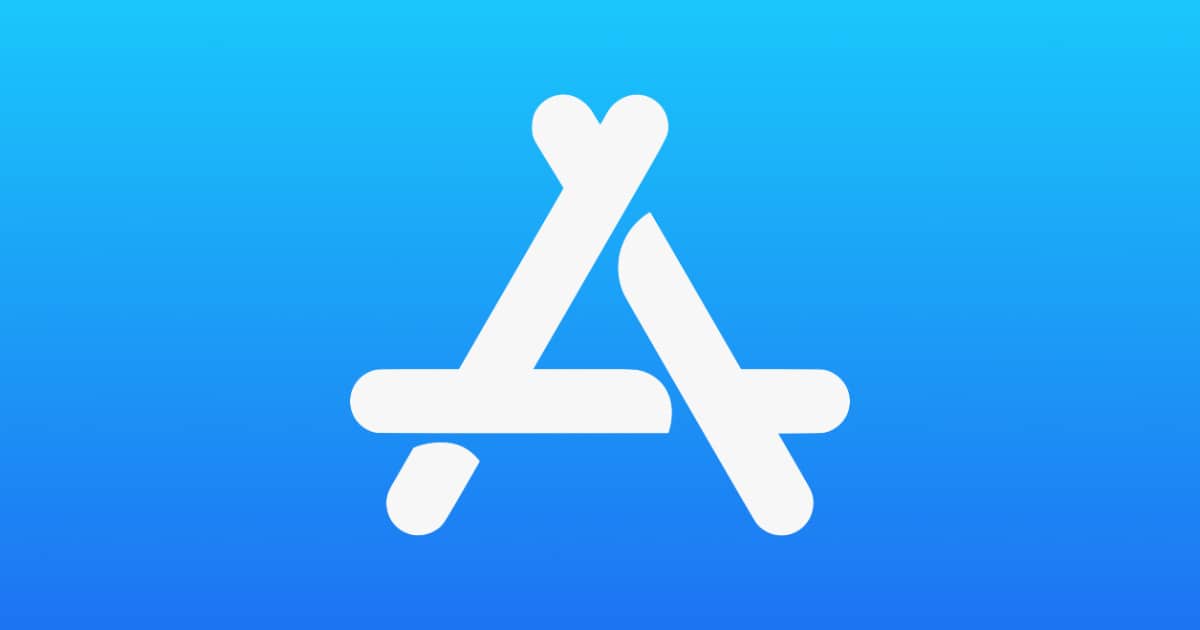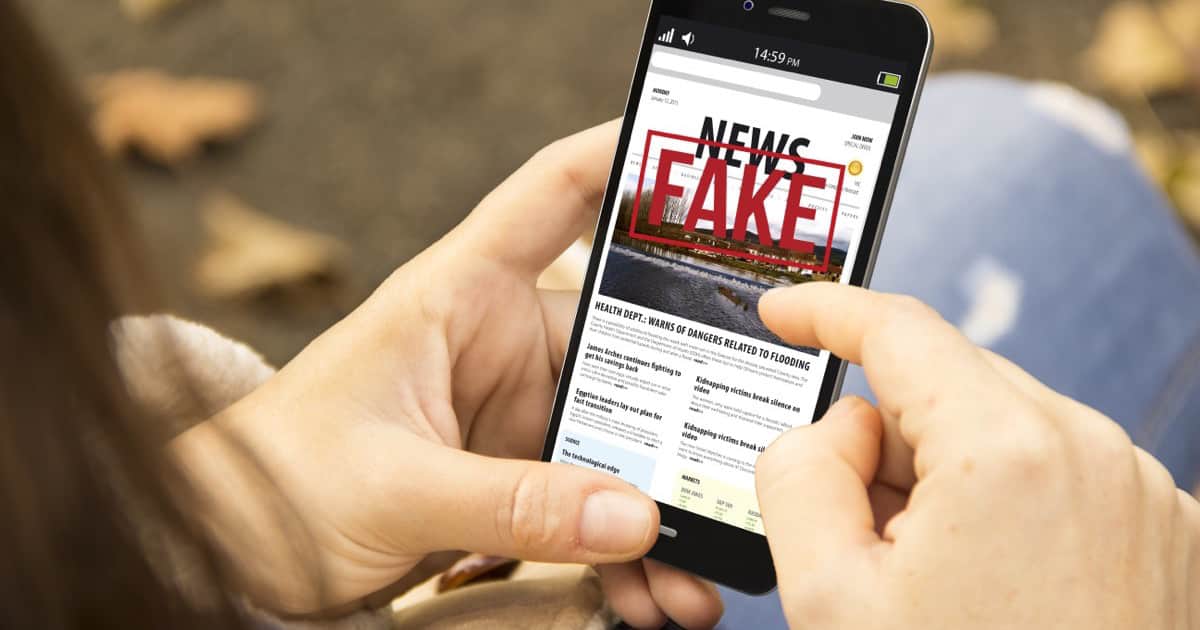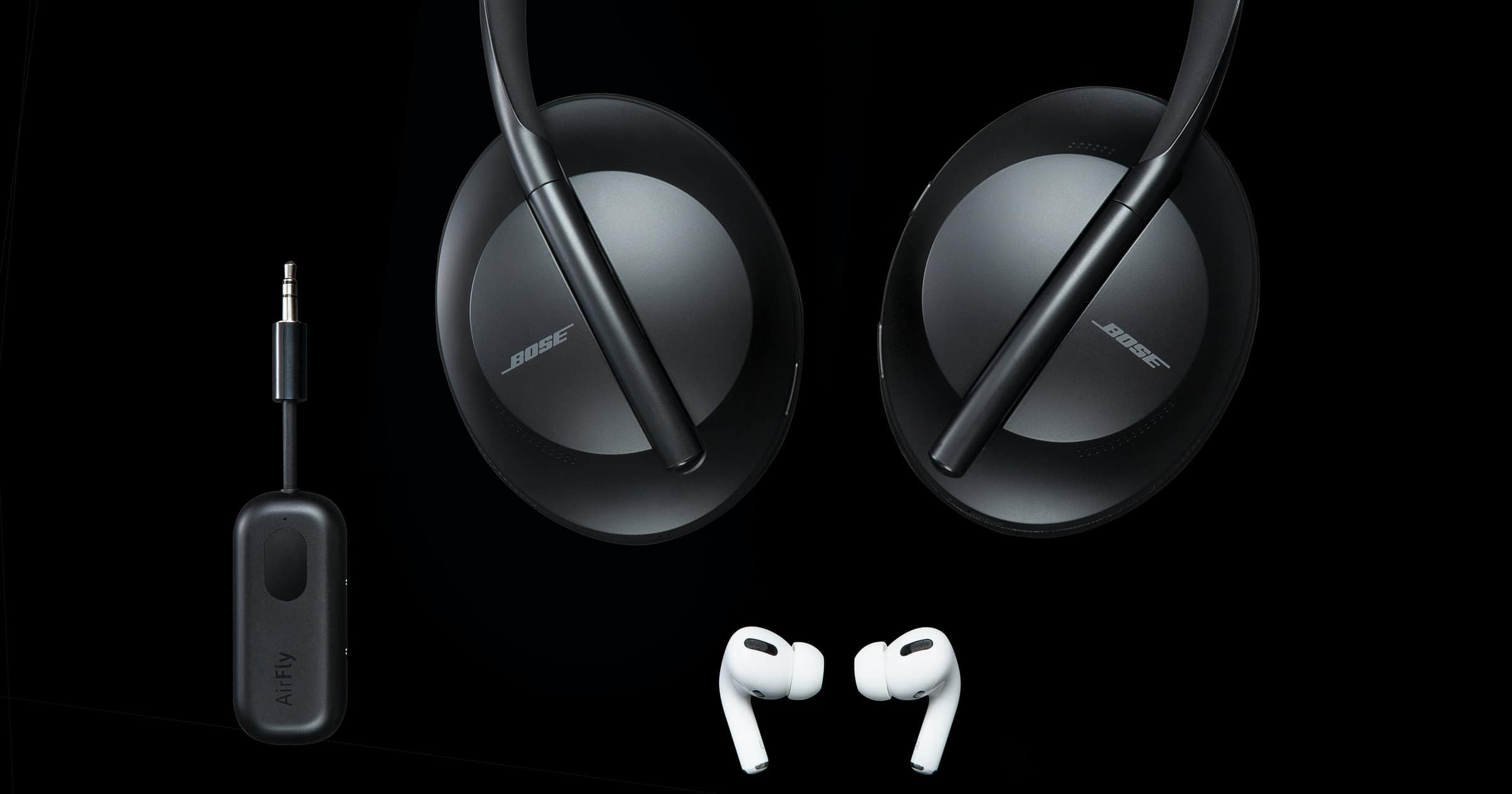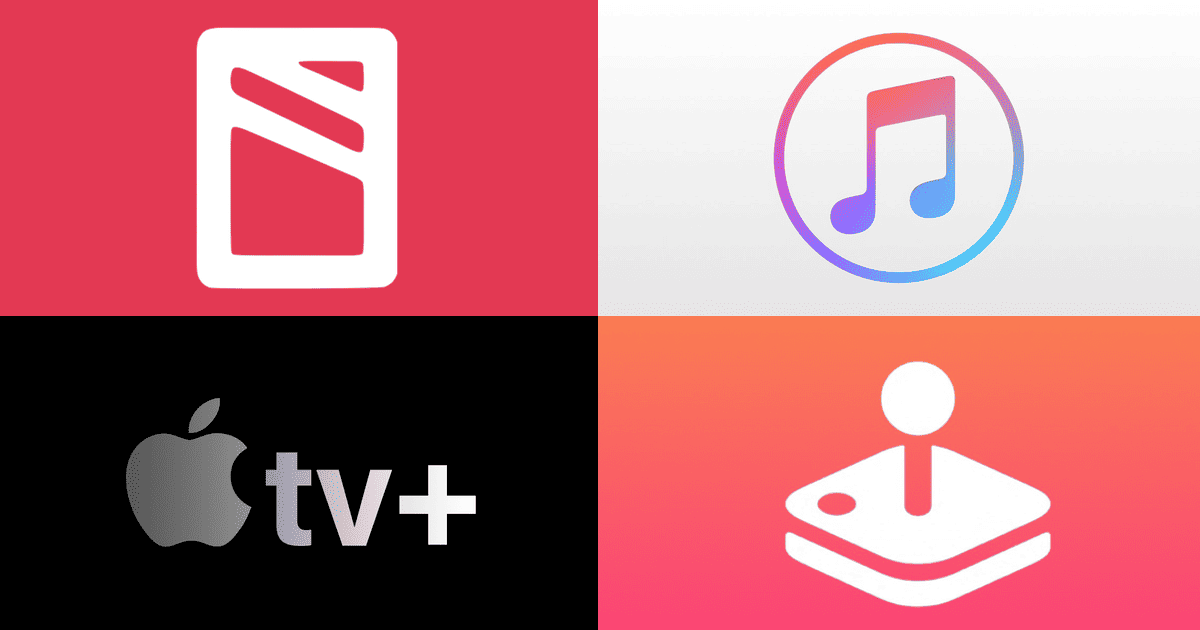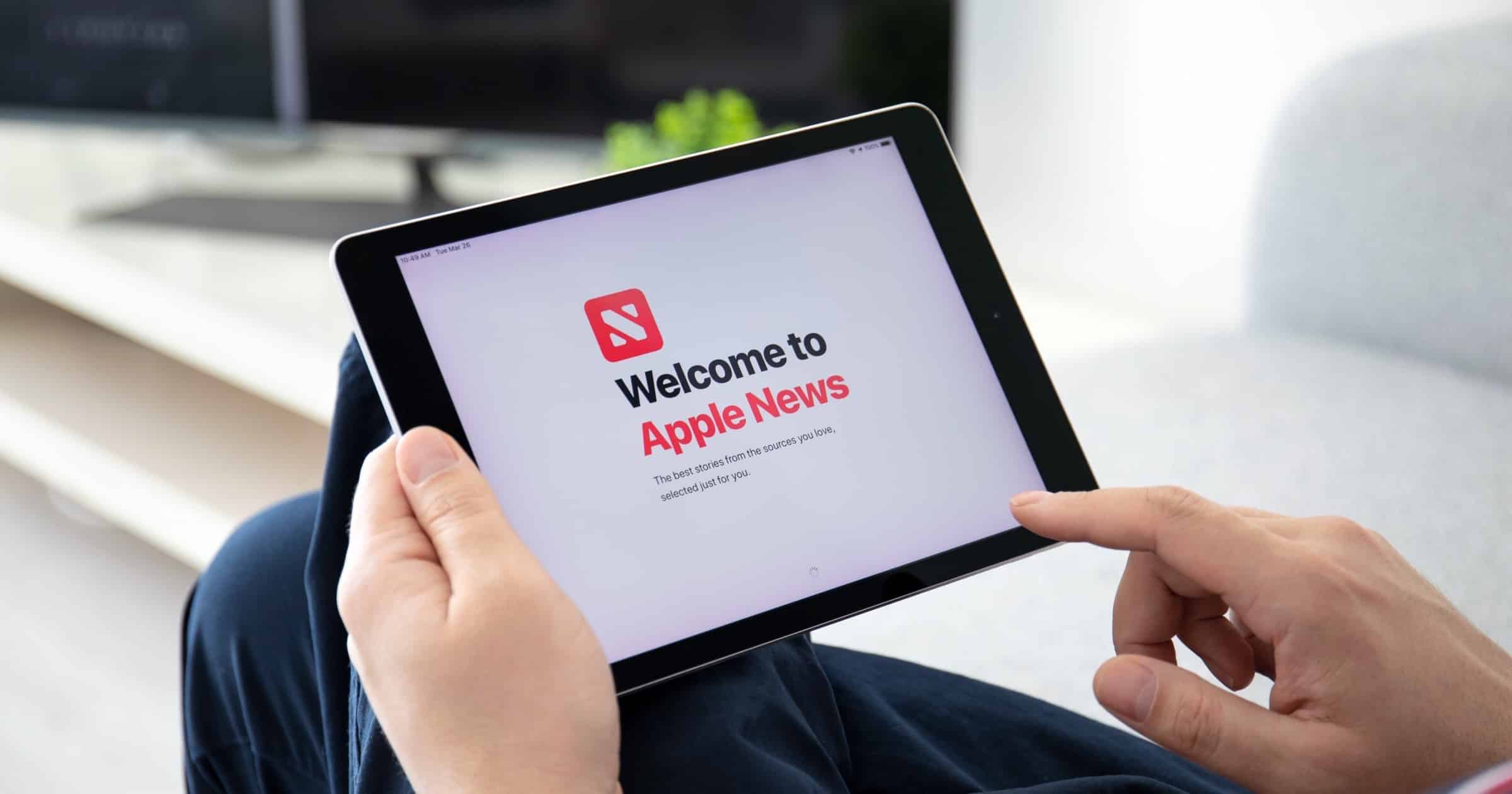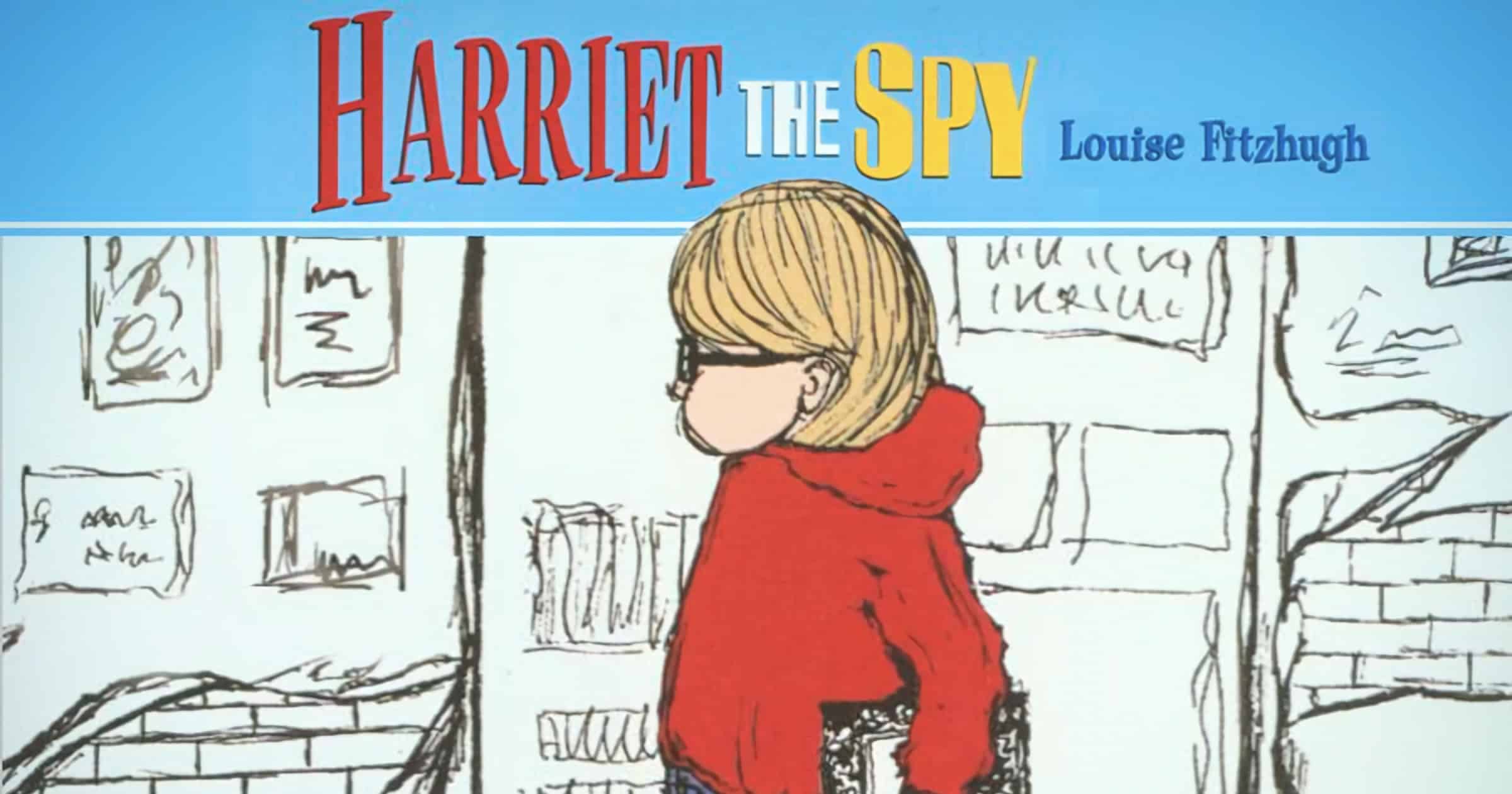Epic Games has launched a legal and PR blitz against Apple and the App Store. As Andrew Orr reported on The Mac Observer: “Epic Games hosted an in-game event using the hashtag #FreeFortnite and explained the situation to players.” Part of that campaign involved a new video. Called Ninteen Eighty-Fortnite, it mocks Apple’s famous 1984 advert.
'Ted Lasso' and 'Boys State' Now Available on TV+
Comedy Ted Lasso, starring Jason Sudeikis, and award-winning documentary Boys State, are now available on Apple TV+.
How to Use Setapp on Your iPhone
Setapp is now available on iOS and in a couple of steps you can access apps available through the subscription service on your iPhone.
Apple TV+ to Offer CBS All Access, Showtime, Bundle
The first AppleTV+ bundle looks set to be a discounted offering for CBS All Access and Showtime, and it could start as early as Monday.
‘Fortnite’ Maker Epic Games Sues Apple
Epic Games announced that it filed a lawsuit against Apple, accusing the company of anti-competitive practices.
CleanKey Bundle - KeySmart Pro with Tile and CleanTray: $129.99
We have a deal today on the CleanKey Bundle. This bundle includes the KeySmart Pro, a key sleeve that holds up to 10 keys. That also comes with a Tile so you can track it down if you misplace it. The bundle also comes with the CleanTray UV Light Sterilization Case for sterilizing your stuff, and the CleanKey Antimicrobial Brass Hand Tool for opening doors and pushing buttons. The whole kit and caboodle is $129.99 through our deal.
Instagram Photos and Messages Weren’t Actually Deleted
Security researcher Saugat Pokharel found that Instagram didn’t delete his photos and messages from its servers, even though he deleted them.
Apple Removes ‘Fortnite’ From App Store
Apple has removed popular game Fortnite from the App Store, hours after the company circumvented Apple’s payment system.
How Verzuz Came to Apple Music And Twitter
Apple Music and Twitter recently came together to integrate with popular DJ battle series Verzuz, and it’s working out for all involved.
What Would Happen if Apple Was Forced to Allow Sideloaded Apps?
Some people want Apple to let users download sideloaded apps. These are apps that can be installed outside of the App Store, like the current situation on macOS. One counter argument is security:
“It’s not that iOS is full of holes,” he said, but that “the App Store is a natural second layer that [Apple] can filter through and decide if something would be harmful.” He agreed it wasn’t foolproof, but that it can help screen out “undesirable” apps.
My worry with sideloaded apps isn’t about the device security itself. It’s that Apple probably couldn’t control what goes on inside these apps, like SDKs that harvest our data, or developers only letting people use non-private logins like Facebook and Google. I want to use technologies like Sign In with Apple and Apple Pay, because I trust Apple with my data. To be fair, App Store apps already use trackers. As a side note, I’m linking to Apple News because of Engadget/Verizon’s new consent form when you visit the website.
Facebook, Twitter Increase Efforts to Fight U.S. Election Misinformation
Both Twitter and Facebook have announced new measures to fight misinformation, Reuters reported. The moves from the social media giant’s come in the run-up to the U.S. election.
Twitter’s move will involve coming up with new policies “that emphasize accurate information about all available options to vote, including by mail and early voting.” “We’re focused on empowering every eligible person to register and vote through partnerships, tools and new policies,” Jessica Herrera-Flanigan, Twitter’s vice president for public policy in the Americas, told Reuters in an email. Facebook, meanwhile, launched a Voting Information Center to help users with accurate and easy-to-find information about voting wherever they live.
Ready Apple One – TMO Daily Observations 2020-08-13
Charlotte Henry and John Martellaro join host Kelly Guimont to discuss news of Apple’s bundled services, and Charlotte starts a rumo(u)r.
AirFly Pro Bluetooth Transmitter Available Exclusively at Apple
TwelveSouth has released AirFly Pro. The device gives users a wireless connection to items such as an iPhone for 3.5mm audio jack. The AirFly Pro also acts as a wireless headphone splitter, allowing users share audio between two sets of headphones from one source. There is also a Receive Mode that means users can play music wirelessly through any car stereo. The item is exclusively available from Apple Store and costs $54.95.
How to Win an Argument With Steve Jobs
Steve Jobs was not exactly known for his calm and understanding demeanor. Photographer Doug Menuez encountered this first hand when photographing the Apple co-founder. (A signed copy of the cover shot that day was recently auctioned for over $16,000.) However, he found a way to answer back and win the row. He told Cult of Mac how.
“He took one look at my setup and announced, ‘This is just stupid. We are not doing this,’” Menuez recalled. Jobs then got in Menuez’s face and yelled, “This is the stupidest fucking idea I’ve ever seen!” By this point, everyone else had vanished from the room… “I was absolutely terrified,” Menuez said. “Despite having been shot at, kidnapped, and threatened at knifepoint during my news career I felt as if I was ten years old.” But he kept repeating quietly that he thought it was a good idea and that, having short six covers for Fortune before, Jobs could trust him. Finally, Jobs spat out, “You just want to sell magazines.” Menuez looked at him and said, “And you just want to sell computers.” Jobs laughed and then said, “OK, great. Where do you want me?”
UK Begins Testing New COVID-19 App, Using Google-Apple Framework
The UK has begin testing a new COVID-19 app, based on the API built by Apple and Google, after its ‘go-it-alone’ attempt failed.
What if Your Phone Could Crawl Towards its Charger Like a Demon?
Robotics researchers from the Biorobotics Laboratory at Seoul National University created something that belongs in a horror movie. The CaseCrawler is a phone case that lets your phone crawl towards its charger as if it were demon-possessed.
The CaseCrawler prototype doesn’t appear to have any intelligence of its own or the ability to steer; it simply scampers forward in one direction.Thanks to its clever leg design, though, it’s not impeded by smaller obstacles in its path, which it can simply crawl over. Eventually, the smartphone it’s carrying could provide all the smarts and sensors it needs to intelligently find its way around and navigate an area like a desk without scampering off the edge.
“Scampering.” I’m picturing the famous scene from The Exorcist where the girl walks backwards down the stairs.
Ready Apple One - Services Bundles To Launch in Coming Weeks
A new services bundle, known internally as Apple One, could launch as early as October this year, according to reports.
Apple Releases iOS and iPadOS 13.6.1 With Bug Fixes
Apple released a 13.6.1 update for iOS and iPadOS on Wednesday, issuing bug fixes for storage and displays.
Foxconn Boss Says China’s Days as World’s Factory ‘Are Done’
China’s days as the world’s factory are over, according to the Chairman of Foxconn, which manufactures iPhones.
Russia Says Apple Guilty of Antitrust Following Kaspersky Complaint
Russia’s Federal Antimonopoly Service has decided that Apple is guilty of abusing its position, following a complaint by Kaspersky.
Wall Street Journal Plans to Stay With Apple News
The Wall Street Journal plans to stick around on Apple News, saying the partnership brings new readers to the website like young people.
macOS Big Sur, Like iOS 14, Redirects to Apple News+. Good.
A feature guiding users through a paywall to the News app for outlets included in an Apple News+ works inn macOS Big Sur, as well as iOS 14.
‘Harriet the Spy’ Coming to Apple TV+ Starring Beanie Feldstein and Jane Lynch
On Wednesday Apple announced a series order for “Harriet the Spy” an animated adaption of the children’s novel of the same name.
Mysterious Convenience, Weapons Grade Woz – TMO Daily Observations 2020-08-12
Charlotte Henry and John Martellaro join host Kelly Guimont to discuss new paywall behavior in Big Sur, and birthday plans for Woz.


